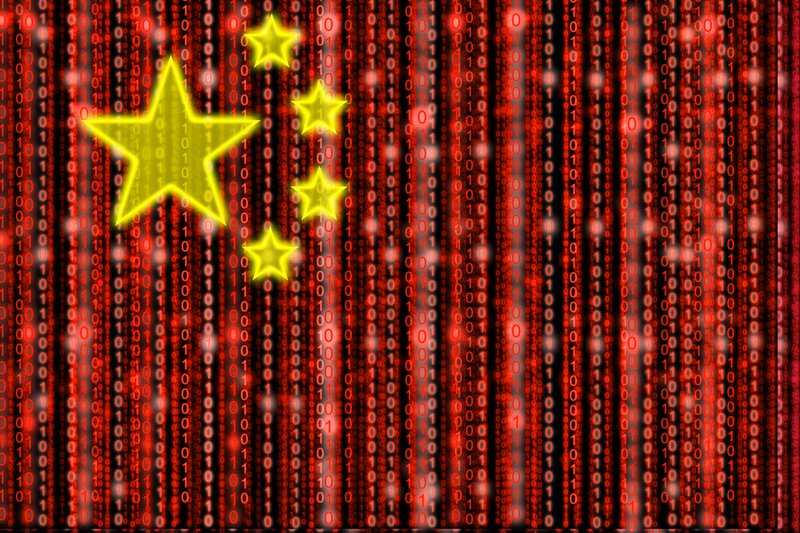
The following post consists of an introduction by Paul Triolo and Graham Webster, followed by a collaborative translation by Elsa Kania, Samm Sacks, Paul Triolo, and Graham Webster.
Introduction
By Paul Triolo and Graham Webster
Withthe 19th Party Congress coming next month and the 4th Chinese-convened WorldInternet Congress (WIC) soon to follow, China’s digital policy authorities thismonth held a publicity-filled Cybersecurity Week, and the Party’s leading journal on theory, Qiushi, published an important article from a previously unknownentity under the Cyberspace Administration of China (CAC).
Thearticle, which a team of analysts has translated in full below, outlines themajor elements of General Secretary Xi Jinping’s strategic thinking on one ofChinese cyberspace policy’s watchwords: 网络强国 (wǎngluò qiángguó). It’s a pithy formulation in Chinesethat can be translated as “cyber superpower,” or “building China into anational power in cyberspace,” and the strategic concept attached to it ties togethera series of concepts and initiatives that Xi has pushed in major speeches andthe Chinese government has moved to enact.TheCAC “Theoretical Studies Center Group,” apparently making its debut here, drawson the legitimacy of its Xi-established parent organization and the specialstatus of the journal Qiushi toprovide an authoritative synthesis of recent strategic thinking, attributed toXi, on how to take China from being a cyber power to being a cyber superpower—agoal that implies rough parity with the United States. This comes as U.S.–Chinacyberspace dialogue continues in a piecemeal fashion across several officialchannels, although a dedicated dialogue on “law enforcement and cybersecurity”announced in April (and alluded to in the article below) has not yet met.
Accordingto the CAC authors, China’s strategy calls for developing capabilities andgovernance capacity in four major baskets: managing Internet content andcreating “positive energy” online; ensuring general cybersecurity, includingprotecting critical information infrastructure; developing an independent,domestic technological base for the hardware and software that undergird of theInternet in China; and increasing China’s role in building, governing, andoperating the Internet globally. The essay’s authors outline this wide-reachingset of goals under the unifying banner of that four-character phrase, wǎngluò qiángguó.
Theessay also sets the stage for what will likely be consequential newpronouncements by Xi at next month’s 19th Party Congress on the topic ofcyberspace. Before, during, or shortly after the Party Congress, Xi is almostcertain to expand on the proposition, unveiled at the WIC in 2015, that it isnecessary to build a “community of shared destiny in cyberspace.” That speechalso included Xi’s proposal of the “Four Principles and Five Propositions” oncyberspace (see appendix), key guideposts in the Chinese government approach toglobal cyber issues. The emerging legal and regulatory framework for Chinesecyberspace, with the Cybersecurity Law that went into effect June 1 at itscenter, can already be viewed as progress toward implementing the cybersuperpower strategy described here.
Now,the Chinese government is on the verge of further advancing another aspect ofthis strategy: operationalizing the concept of cyber sovereignty at aninternational level. An Action Plan associated with the March InternationalStrategy for Cooperation in Cyberspace alludes to China’s plans to push forfurther cooperation on cyber issues internationally. In that context, as cyberspace policy dialogue moves forward internationally, CAC’s Theoretical Studies Center Group below provides an important guide to Xi and the Party leadership’s overall agenda on these issues and where to look next for Chinese leadership on cyberspace issues.
